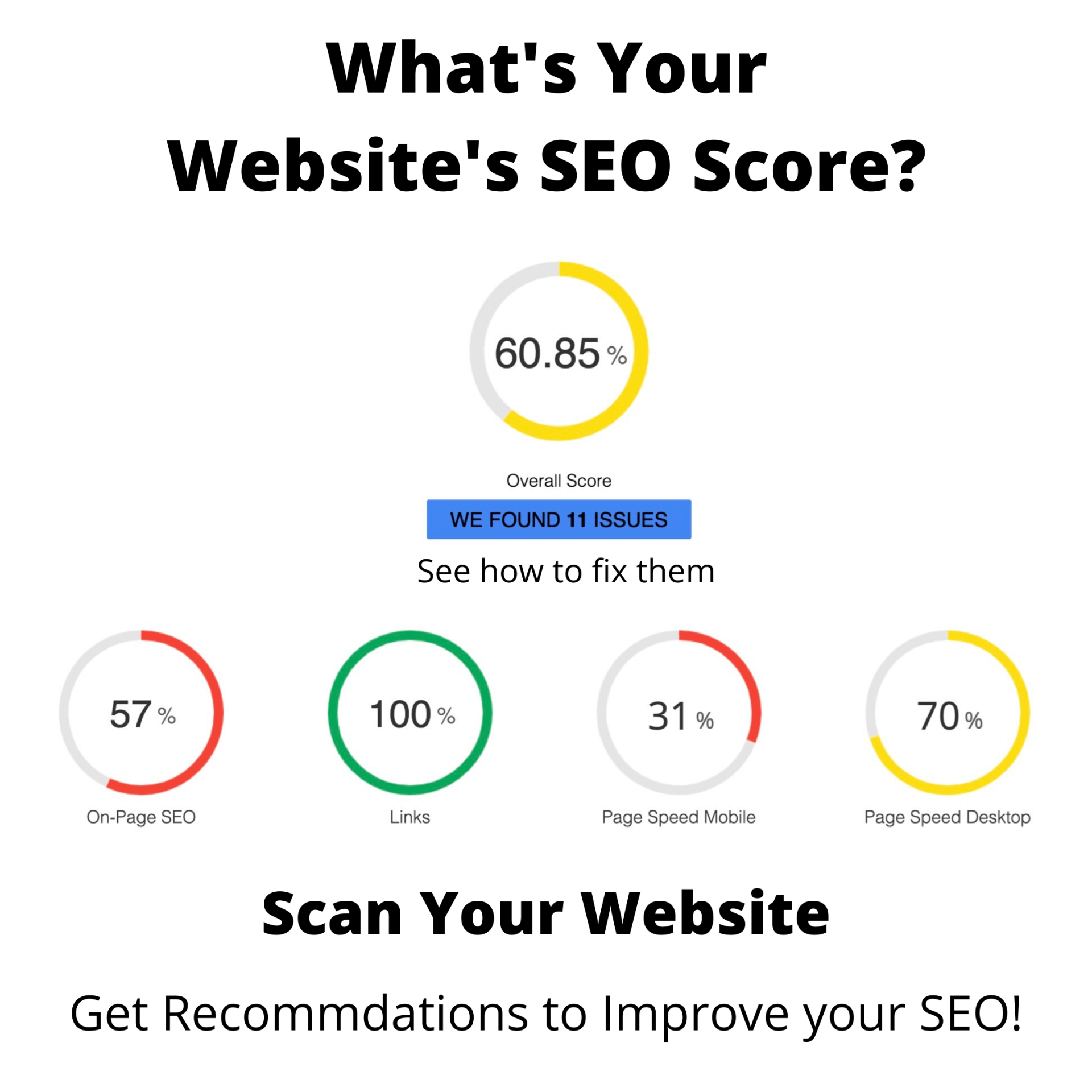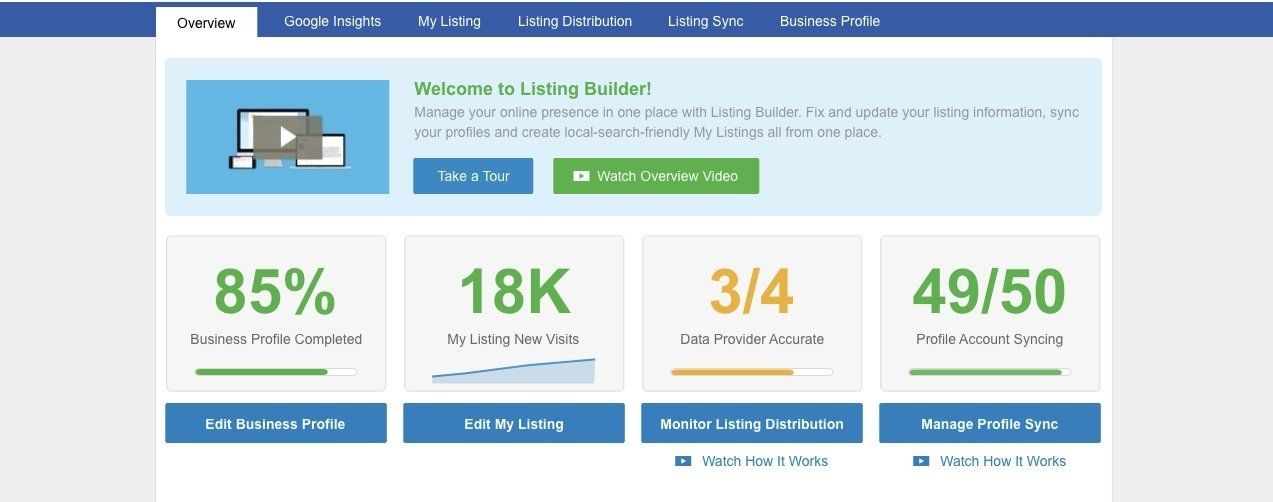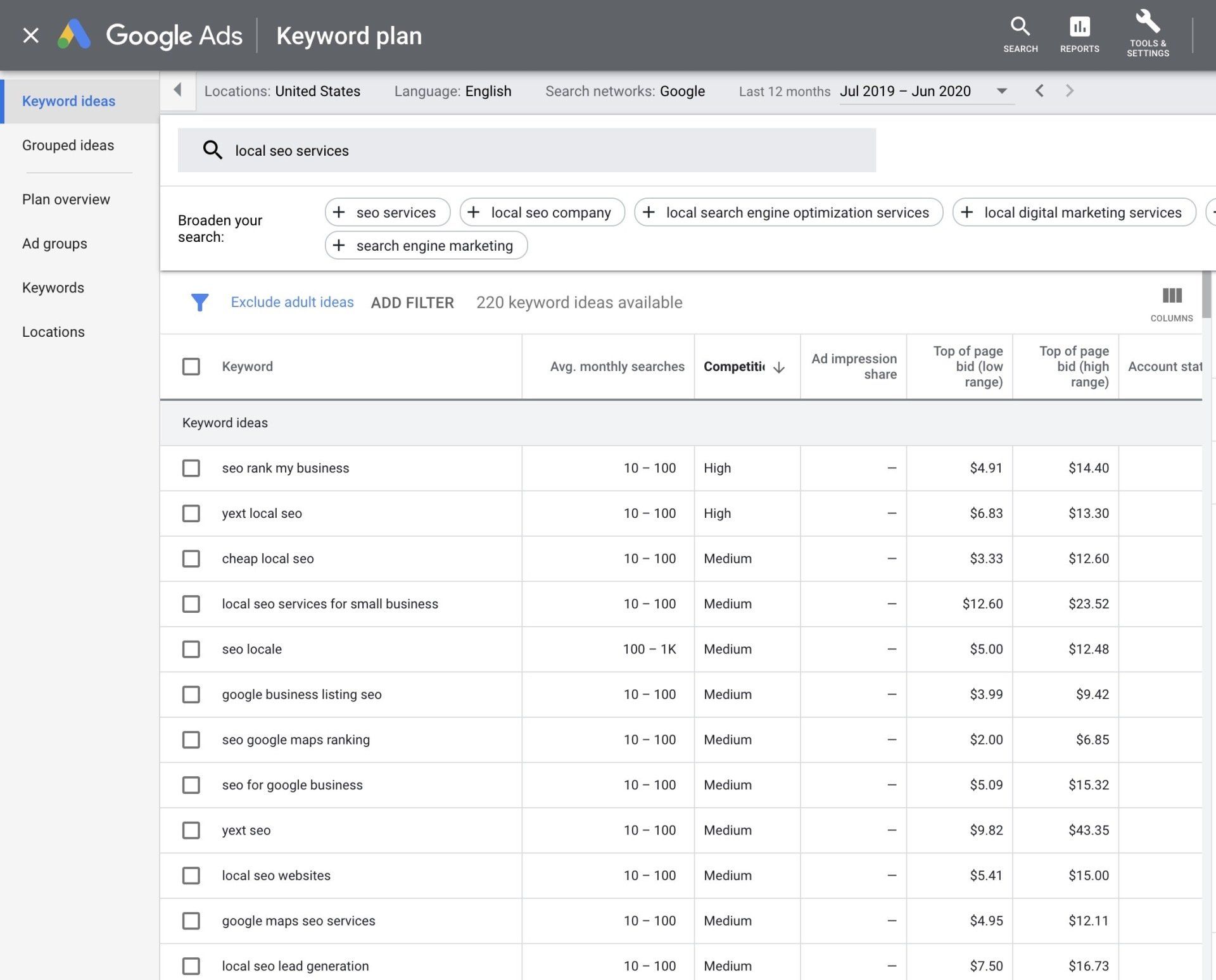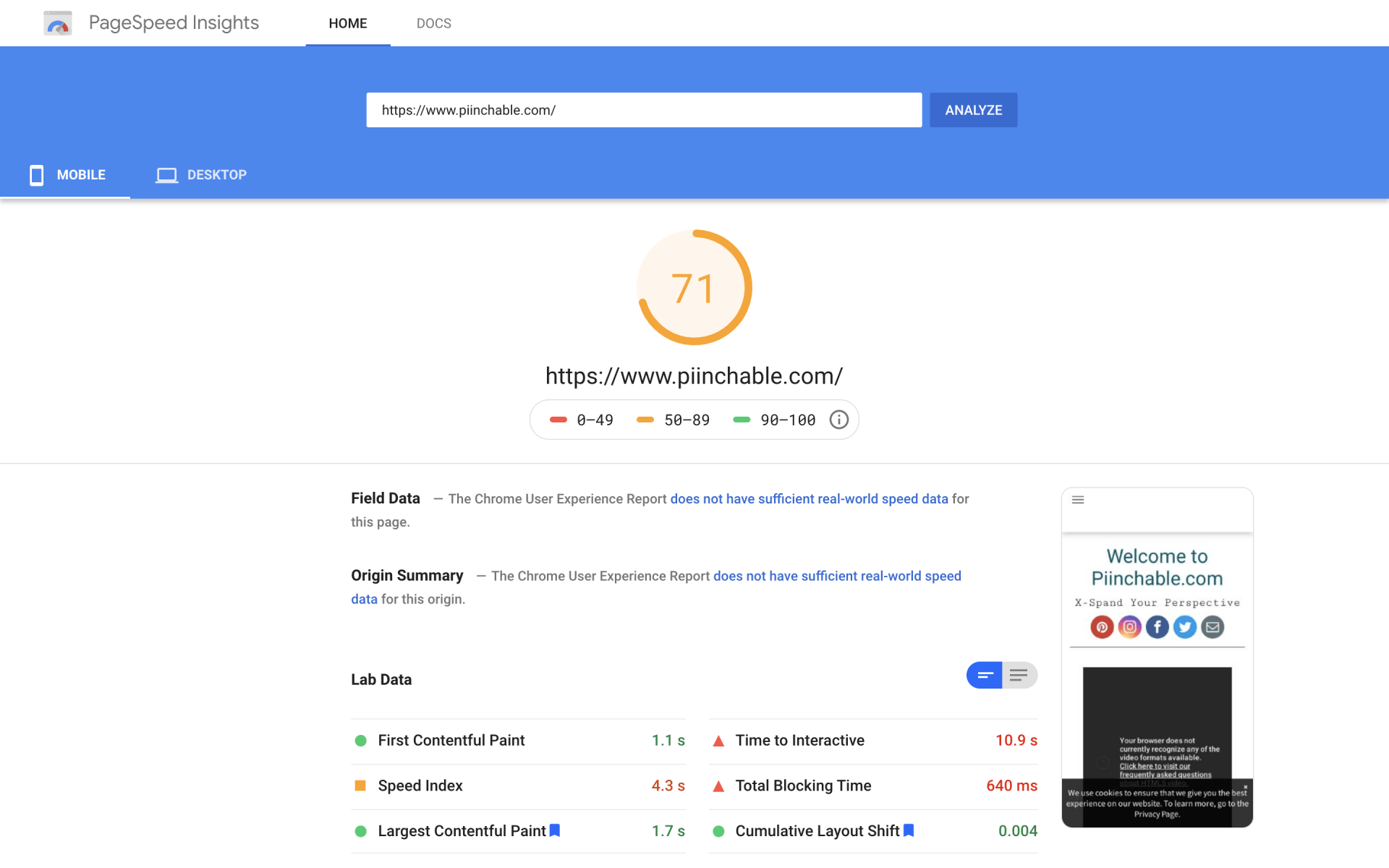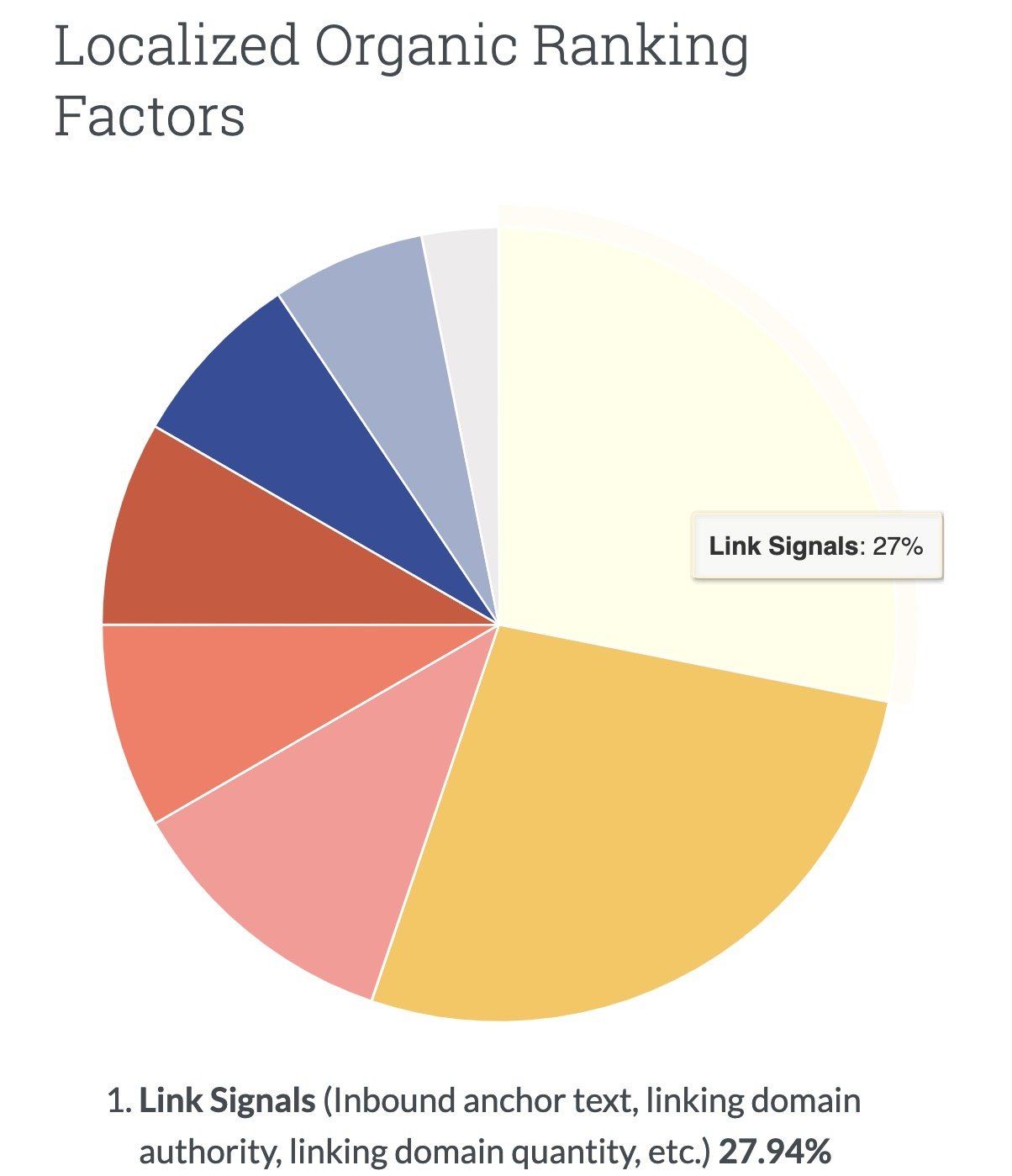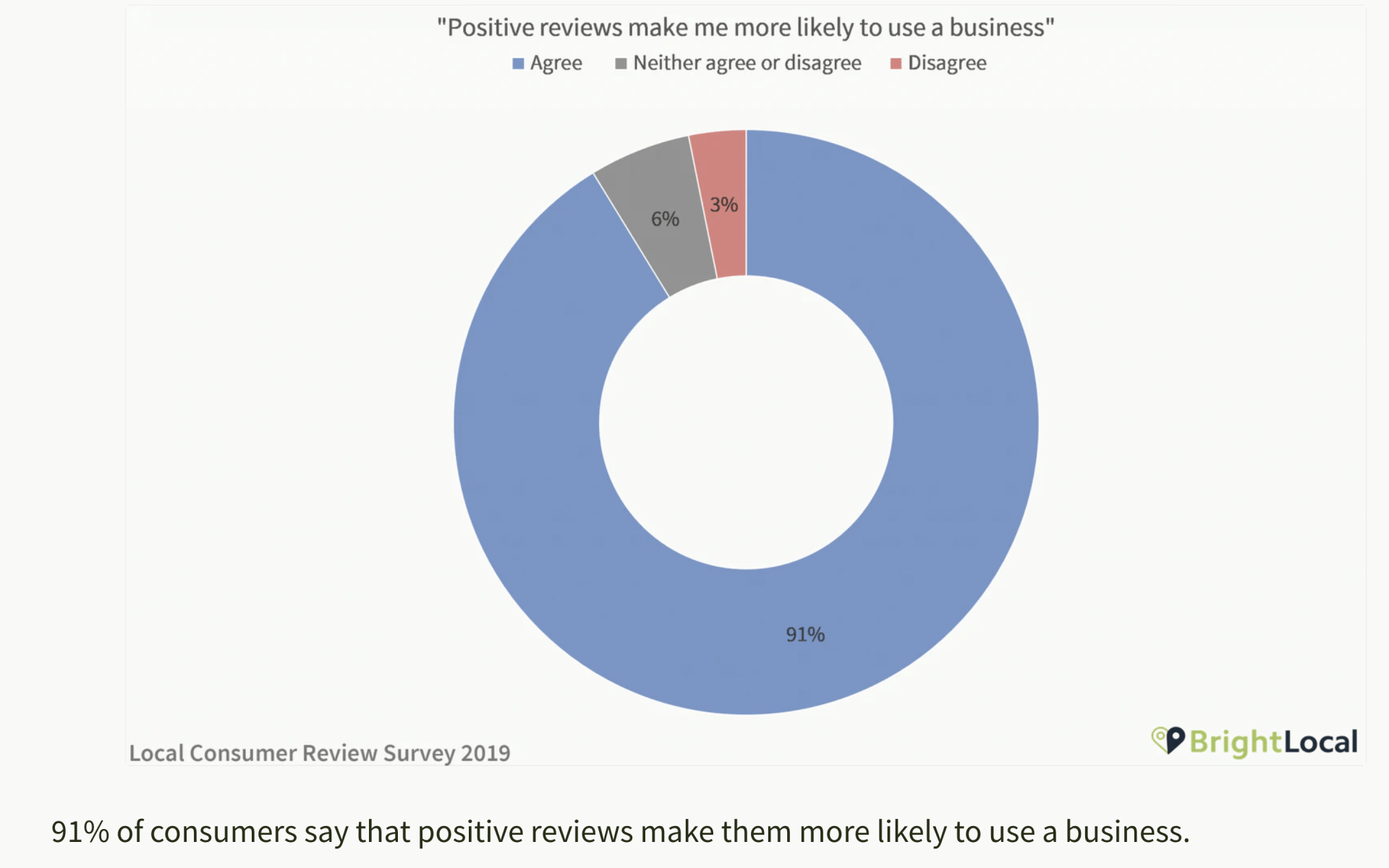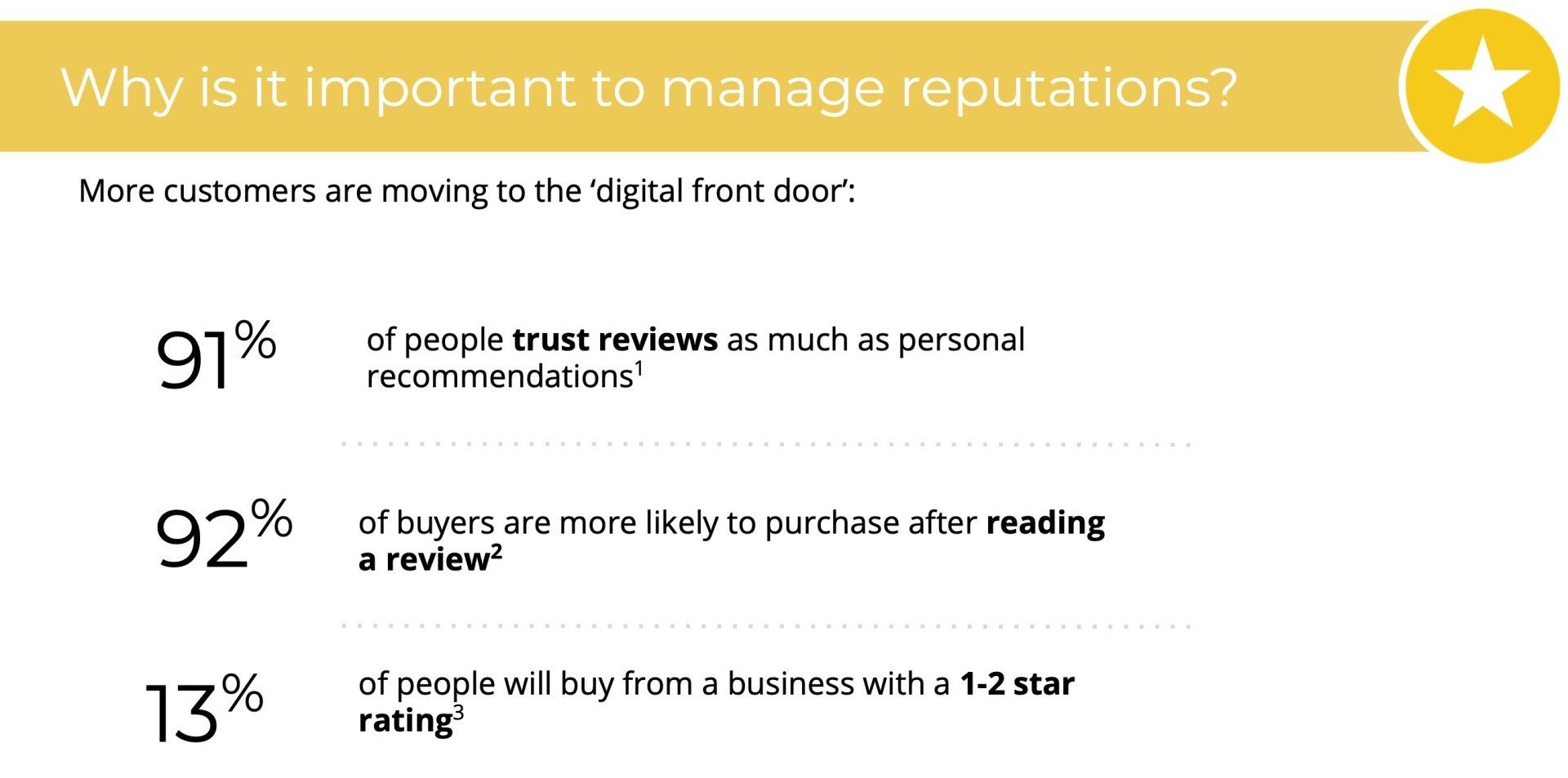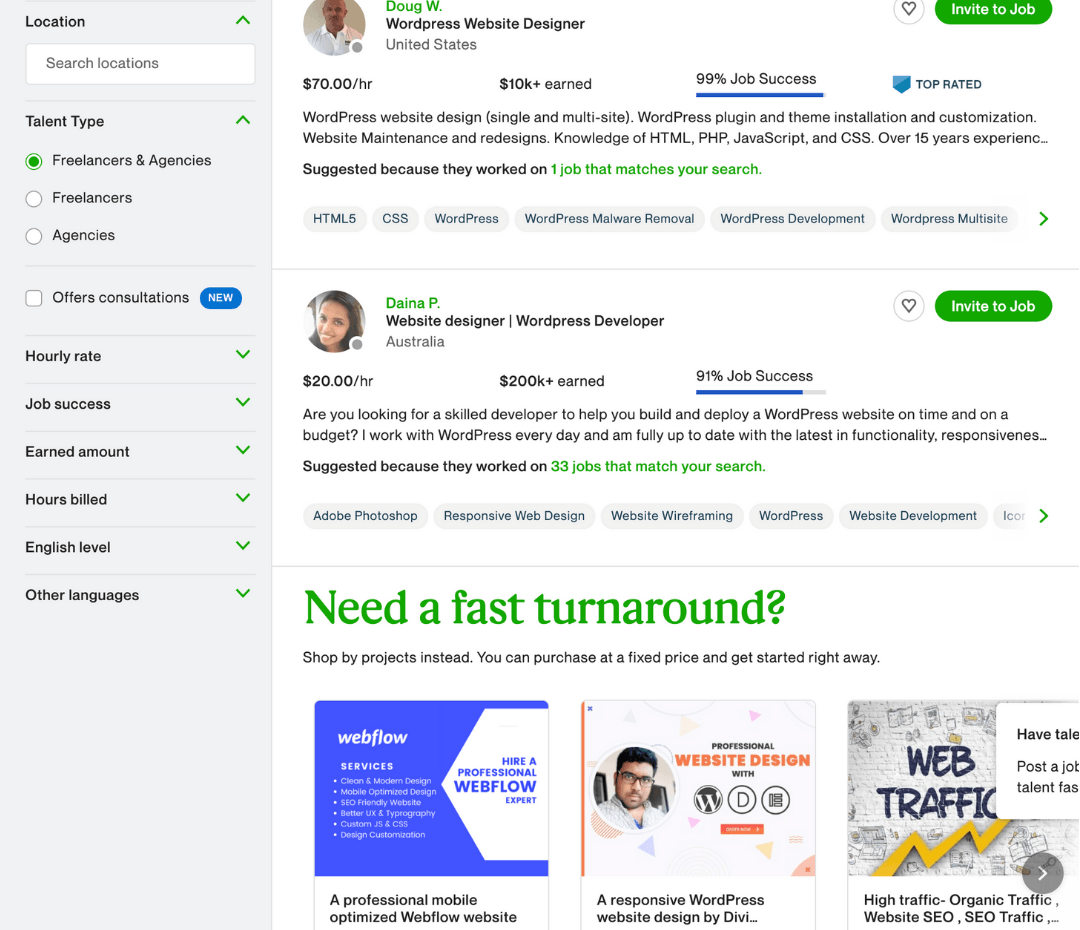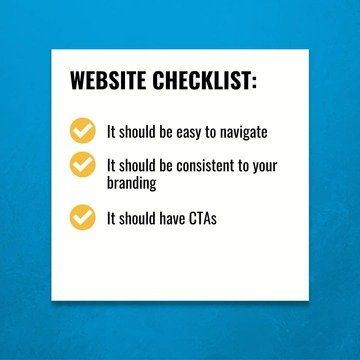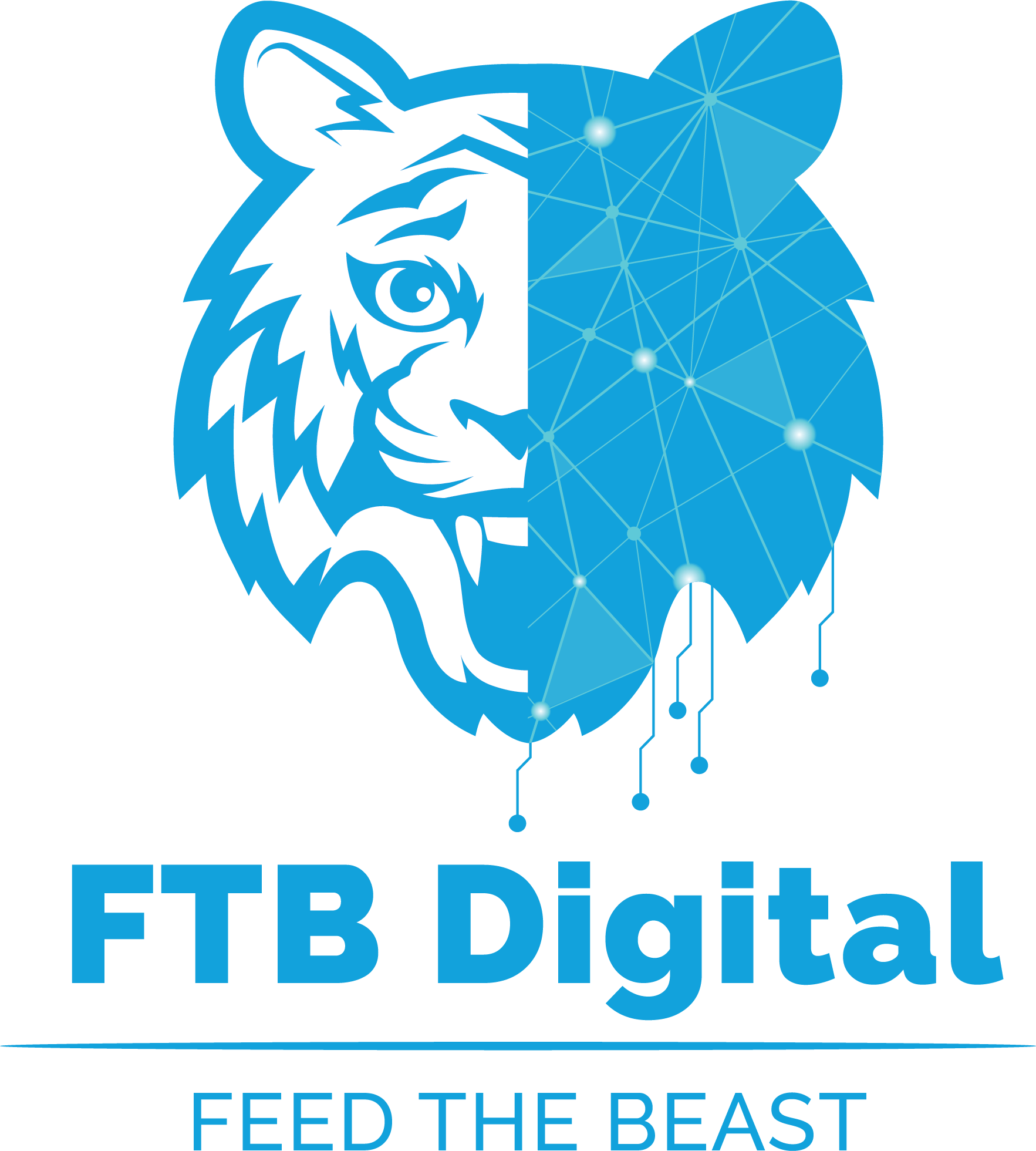What is SEO?
6 Digital Marketing Strategies to help you improve your local SEO.
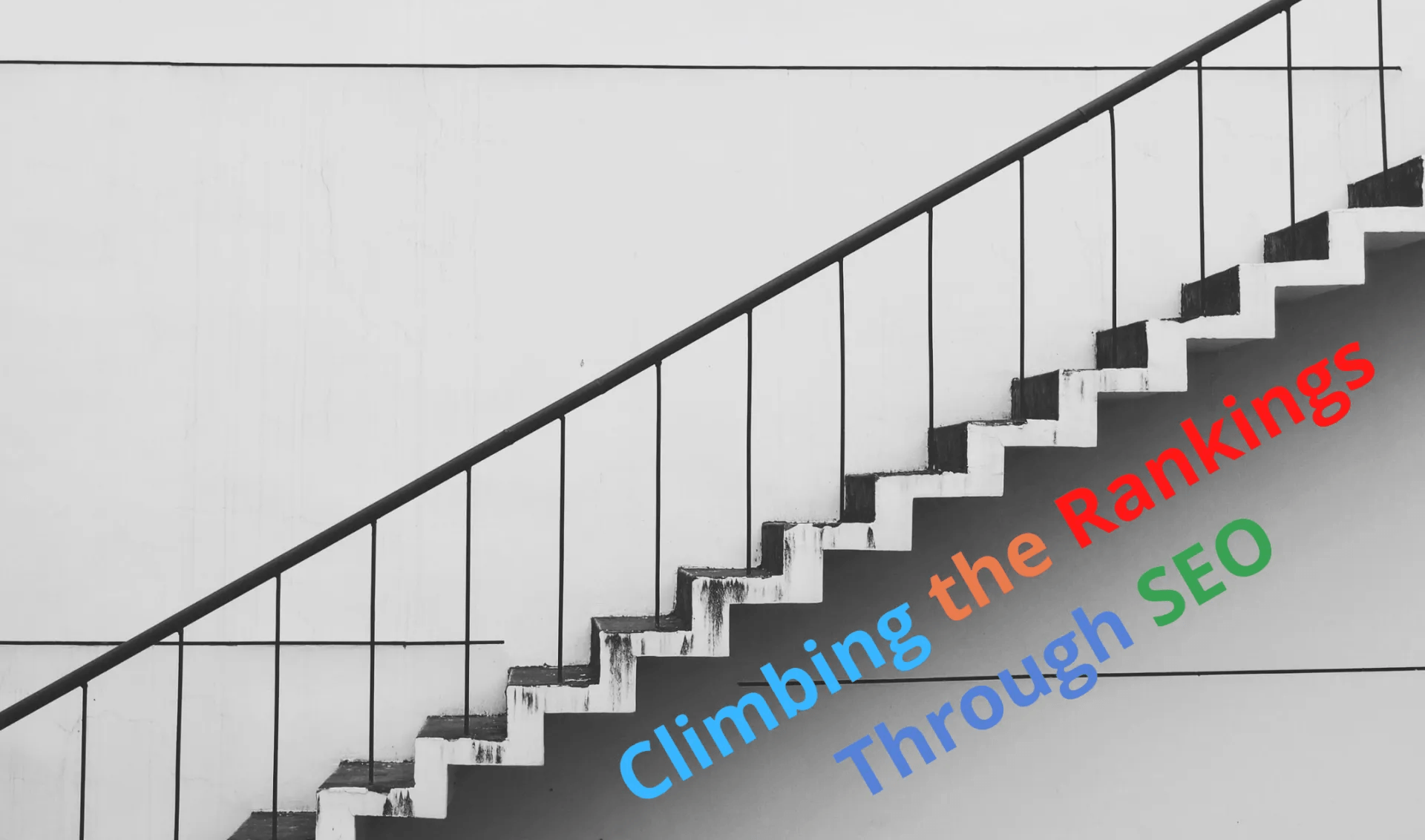
1. Make sure that your business information is accurate and consistent across the internet.
Google’s robots notice the details of your listings. Make sure the name, address, and phone number of your business are correct across the internet. These are the basic building blocks of your online presence and where Local SEO starts. The listings need to be consistent on every page of your website. If you are a DIY’er, most website builders will do this for you, but you need to make sure your listings match on each page.
Another must-have for all local businesses is, first having, and second, making sure that you have an updated Google My Business page. It’s easy to set up (there is some offline verification required), but as you might expect, Google likes it when your information is consistent across the web. Discrepancies in this basic contact information can negatively affect your local SEO.
2. Update Yahoo, Bing and other online listings.
Google My Business is most important for local SEO, but all your listings should be up to date, including Bing Places and Apple Maps listings. You can register your business on these platforms and other platforms one by one or find a listing service.
There are services that will regularly check your listing for accuracy. Some will also let you manage your GMB and other listings from one dashboard.
Also, under the heading of listings, should be your local listing citations. These local citations are mentions of your business on the internet and in directories. Make sure you’re on Foursquare and Yelp, as these are major directories that may list your website so they can appear on local search. There are tools available to build up your local citations and keep everything consentient. These local citations are extremely important for local SEO.
If you already have some citations, make sure that you audit them to find inconsistencies, if any. This is because citations that have inconsistencies may spell trouble for your local SEO.
3. Keyword Research
If you’re building a new site or have an existing website, it is important to do thorough keyword research when adding new content. Ideally, this should be done before creating any website content, but I realize a lot of you reading this have an existing website. With that being said, refreshing your content is always a good thing. Not only is it a great way to keep up with changing business conditions, (#coronavirus), it’s also something Google rewards. Even once high-ranking sites will slowly be moved down the page without fresh content.
Here too, there are online tools to help you come up with a list of keywords relevant to your business. You can check Google Trends to see how your chosen keywords perform over time. Use your customer persona information to put yourself in the shoes of your target customer and think about what words and phrases they might use to find your business.
There are several platforms that help you check out the keywords for which your competitors are doing well with. It can be a real eye opener to see what highly ranked large companies do to attract tons of organic traffic – you should be learning from these well-researched strategies.
This research will give you an idea of what keywords you can leverage as part of your own local SEO strategy. Additionally, you can get keyword ideas from the Google Keyword Planner.
4. On-Page SEO
While keywords are an integral part of on-page SEO, there is a lot more you have to consider still. The first thing to do is to ensure that your website is mobile-friendly. According to Think with Google, 79% of users are more likely to revisit or share a site that is mobile-friendly.
Additionally, you should ensure that your pages load as quickly as possible. Do not just rely on what speed test says, visit your site and test it as if you’re visiting it for the first time. Does it load fast enough? If it wasn’t your site would you wait to see what magical information lies behind the spinning wheel?
To check your page load speed, you can use Google PageSpeed Insights. It will also give you suggestions to improve your load speed. It might even be a good idea to have an AMP (Accelerated Mobile Pages) version of your website, which can load faster and engage visitors quicker. One caveat with any testing platform is that what really matters is how user friendly your website is. If your site gets great test scores, but provides a poor user-experience, you will still be in danger of low visitor engagement.
Google commits an entire section of the Think With Google site to helping people increase their mobile site loading speed. Learn More Here
5. Link Building
You’ve probably heard of “backlinks” but backlinking can take time and persistence. If you are serious about local SEO – and you should be -- link building might be the most important component. According to Moz.com, for local organic results, having good links are the most important ranking factor. (Moz.com 2018)
Localized Organic Ranking Factors
On-Page Signals: 26%
1. Link Signals (Inbound anchor text, linking domain authority, linking domain quantity, etc.) 27.94%
2. On-Page Signals (Presence of NAP, keywords in titles, domain authority, etc.) 26.03%
3. Behavioral Signals (Click-through rate, mobile clicks to call, check-ins, etc.) 11.5%
4. Google My Business Signals (Proximity, categories, keyword in business title, etc.) 8.85%
5. Citation Signals (IYP/aggregator NAP consistency, citation volume, etc.) 8.41%
6. Personalization 7.32%
7. Review Signals (Review quantity, review velocity, review diversity, etc.) 6.47%
8. Social Signals (Google engagement, Facebook engagement, Twitter engagement, etc.) 3.47%
High-quality content is the best way to build links. There are tools, like competition reports, that can help you decide on the best content, which will help you come up with a longer-term content strategy. Having a relevant content on your niche is best for your audience and will help you build authority as a subject matter expert. All of this will improve your chances of getting more shares and link backs.
Other best practices include writing guest posts on other relevant websites with high domain authority. No matter how you do it, quality content is more important than quantity. Results are seldom immediate, but good content will be recognized over time.
6. Encourage Reviews
It is no surprise that consumers use reviews as a major factor in deciding where to spend their money. The rise of Yelp (and Google Reviews), and some strictly review sites are more than evidence of that fact. Now, it is a must for businesses of all sizes to monitor and respond to reviews in real time. There are plenty of reputation management and review services that allow small businesses to easily track and respond to reviews, while also engaging with customers.
Reviews are your social proof for how you operate your business and engage with your customers. According to surveys, over 90% of people trust reviews as much as personal recommendations.
Reviews work as social proof for your business. According to the same study, only 53% of people would consider using a business with less than 4 stars.
With that in mind, you need to engage with your customers and proactively ask for reviews. There are platforms that can help you take not-so-glowing reviews offline to address unhappy customers and turn this engagement into opportunities. If they do end up writing a negative review, make sure that you respond in a professional manner. Keep in mind, among consumers that read reviews, 97% read businesses’ responses to reviews.
If you respond well, they may still choose to do business with you in spite of some negative reviews.
Final Thoughts
During and post Covid-19, every business needs to rethink how they interact with customers. As long as there are search engines, SEO will be important. Local SEO has to be a part of any businesses digital marketing strategy if they want to compete online.
Although it can be challenging, there are lots of helpful tools available – many for free or low cost -- to help with your local SEO. The first step is to set a baseline and improve on the easy fixes that can help set the foundation for building your long-term local SEO strategy.
Pay attention to each aspect of your SEO and work to complete each step. With time, your site will get noticed. Caveat… your competition will also read this article, so doing everything once is not an option. You must be consistent and determined to work harder than your competition to get those coveted first page results on Google Organic Search.
One last thing, I wouldn’t be doing my job as a small business owner if I didn’t include some promotion of our own services, which you can learn more about here. We offer automated tools to help will all aspects of Digital Marketing Strategy & Local SEO.
Whether you use Piinch Web Design for your digital marketing & local SEO or another provider, doing it all yourself takes time. Working with a partner can move the process along and help you get the results you want -- First Page Google Rankings. Use the Piinch Digital Business Center to Monitor, Improve and Promote your digital marketing strategy.
